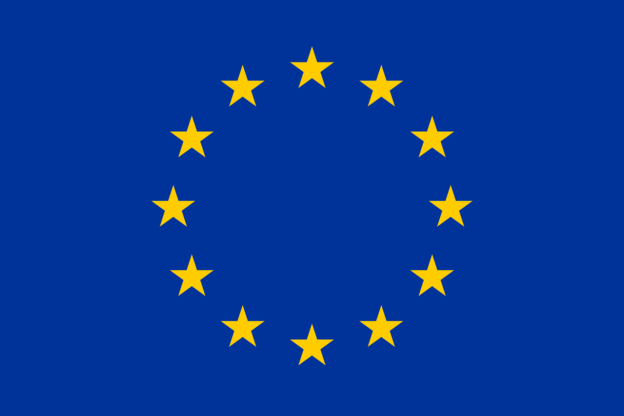The free movement of goods within the internal market is a founding and essential element of the European Union. The protection of consumers, including their safety, as well as the protection of the environment as regards goods consumed within the Union are high priorities of the European Parliament. As such, Regulation 2001/95/EC lays down the general safety requirements for all consumer products, as well as the competence of Member States and their supervisory authorities. However, since 2001, economic operators have changed, and have move towards e-commerce.
On June 20, 2019, the EU adopted a new Regulation 2019/1020 (“the Regulation”) that addresses the compliance requirements of products sold in Europe, which will be applicable from July 16, 2021. The purpose of this regulation is to strengthen the surveillance of certain non-food products subject to one of the 70 Union harmonization legislations listed in Annex 1 of the Regulation, because of their dangerousness to health, environment, or public safety and security. Examples include paints and varnishes, fertilizers, cosmetics, electrical and electronic equipment, and toys. Many of these products are from e-commerce sales.
Certain obligations are required from economic operators, identified as:
- Manufacturers established in the EU;
- The importer, when the manufacturer is not established in the EU;
- Agents ;
- Order fulfillment service providers established in the EU.
All economic operators must, firstly, verify that the products they place on the market are consistent with EU legislation, and also to cooperate with the supervisory authorities, and ensure that corrective action is taken in case of non-compliance.
The Regulation targets in particular the case of e-commerce, as defined by Directive 2000/31/EC, i.e. products sold on the internet or by other means of distance selling. Such products are concerned when they are “deemed to be made available on the market“. To do so, Article 6 of the Regulation specifies that the offer must target end users in the EU, which implies that the trader “directs its activities by any means whatsoever, to a Member State“.
In addition, the EU is developing a new network for product compliance under this Regulation. It is a platform for coordination and structured cooperation between the Member States’ and the European Commission’s supervisory authorities in order to streamline market surveillance practices in the EU. In the end, product compliance monitoring will be more effective.
The Regulation allows a harmonization of the practices of the supervisory authorities of the Member States, offering them a framework to promote cooperation and mutual trust between these authorities and the European Commission. The tasks of this network include harmonizing administrative practices in the field of market surveillance in Member States, or promoting collaboration and the exchange of expertise and good practices between market surveillance authorities and the Member States authorities responsible for controlling products at the external borders of the EU.
In conclusion, Regulation 2019/1020 of 20 June 2019 does not radically modify European legislation concerning the surveillance and compliance of certain non-food products. On this point, it merely recalls the existence of the 70 existing harmonized European legislations. The innovative element is the creation of a network with the aim of boosting cooperation and harmonization of procedures between the supervisory authorities of EU Member States. In addition, this network will aim to control and improve these procedures, given the weight of e-commerce, and the risks inherent to it.
This text, combined with the forthcoming entry into force of the INCOTERMS 2020, which concerns the place of delivery of the products and, consequently, the sharing of risks in the event of international sale and in particular of importation, must be understood as a reminder for the increasing compliance requirements imposed by European authorities to products imported from third countries but also a reminder to civil society as has been further widely demonstrated under the CETA agreement with Canada.
This Regulation is a good opportunity for companies concerned to check their compliance with the existing legislation. The specialized teams of DS Avocats are at your disposal with any further information.
CONTAC US :

